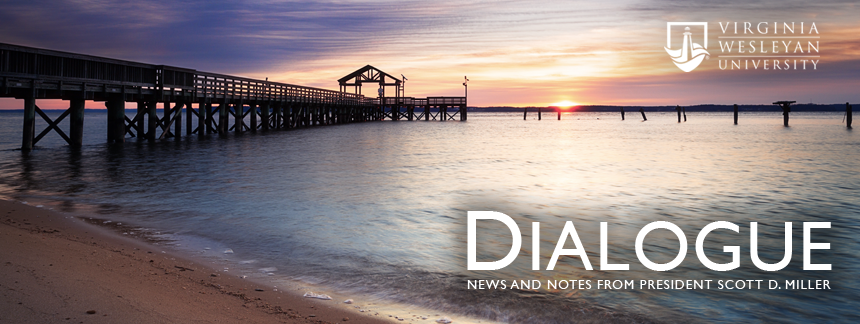Team-building is one of the most urgent,
yet most challenging, of all priorities facing a CEO in the earliest days of
his or her tenure. Choose too quickly,
and you risk making damaging mistakes that may cripple your presidency from its
outset. Move too slowly, and you lose
the “honeymoon” phase in which new presidencies must flourish if they are to
succeed.
While there are no guarantees when human
variables are concerned, our experience has shown that these time-tested strategies
will produce senior-level teams that can hit the ground running while creating
a climate of success for new presidencies:
Look
for complementary strengths and skills. High-performing
presidents are not threatened by individuals with greater skills in their areas
of expertise than they; on the contrary, they seek them out. Effective leaders build on their areas of
strength, while minimizing their weaknesses.
An experienced search firm will help by adding diversity and balance to
senior-level positions.
Bring
Nay-Sayers Into the Fold. In her acclaimed
2005 bestseller Team of Rivals, Presidential
historian Doris Kearns Goodwin describes President Abraham Lincoln’s inclusion
of four outspoken former rivals for the Republican nomination into his cabinet,
thus demonstrating his political genius.
“That Lincoln made the unprecedented decision to incorporate eminent
rivals into his political family, the Cabinet, was evidence of a profound
self-confidence and a first indicator of what would prove to others an unexpected
greatness,” she writes in her introduction.
In so doing, Lincoln brought these nay-sayers and their former
supporters into his inner circle, not only benefitting from their diverse
strengths and talents, but also neutralizing opposition to his policies that
could have doomed his fledgling administration.
It’s an astute tactic that can benefit college and university
presidencies as well.
Use
a search consultant. An executive search firm will greatly broaden
the playing field, identifying candidates who may not be actively looking.
Properly selected and used, consultants can actually save time, money and
costly hiring mistakes by thoroughly vetting candidates before the interview
process begins.
Here are additional reasons why a
professional executive search represents a prudent use of institutional
resources when building a senior team:
·
Executive
search firms can shorten the interviewing process, thereby maintaining the
interest of strong candidates.
·
Executive
search firms can perform “due diligence,” preventing costly mistakes in hiring
and maximizing a strong fit with the organization.
·
Executive
search firms can both enhance the quality of the candidate pool and help the
institution focus on a manageable list of finalists.
Surround
yourself with people who will tell you the truth. In his 2011 New York Times bestseller In
the Garden of Beasts, author Erik Larson describes the rise of Adolf Hitler
in the first full year of the Third Reich, in which the rise of Nazism might
still have been halted. Despite numerous
warning signs and personal misgivings, senior diplomats and leaders of major
world powers failed to challenge the German chancellor, in part because, ignoring
Hitler’s actions to the contrary, they heard only what agreed with their own
goals and values. Diplomats such as U.S.
Ambassador William E. Dodd, who did tell the truth as he perceived it, were
alternately ignored and rebuked.
The best presidents surround themselves
with senior advisors who can be counted on to tell them what they need to hear,
not necessarily what they want to
hear.
No presidency succeeds alone; every CEO
needs the synergy of a loyal, committed and talented senior team to fulfill the
promise of a new presidency. Using these strategies will help to ensure that
the new administration achieves its full potential.
# # #
Dr. Scott D. Miller is President of the College and M.M. Cochran
Professor of Leadership Studies at Bethany College in West Virginia. Now in his third college presidency, he has
served as a CEO for nearly 22 years. He is Chair of the Board of Directors of
Academic Search, Inc.
Dr. Marylouise Fennell, RSM, a former president of Carlow University in
Pittsburgh, PA, is senior counsel for the Council of Independent Colleges (CIC)
and principal of Hyatt Fennell, a Higher Education Search Firm.








